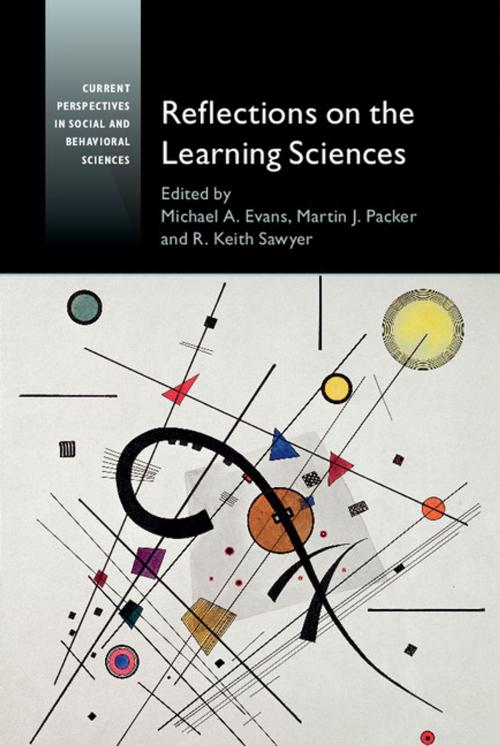Reflections on the Learning Sciences
Nonfiction, Reference & Language, Education & Teaching, Educational Theory, Educational Psychology, Health & Well Being, Psychology| Author: | ISBN: | 9781316594315 | |
| Publisher: | Cambridge University Press | Publication: | February 4, 2016 |
| Imprint: | Cambridge University Press | Language: | English |
| Author: | |
| ISBN: | 9781316594315 |
| Publisher: | Cambridge University Press |
| Publication: | February 4, 2016 |
| Imprint: | Cambridge University Press |
| Language: | English |
This volume offers a historical and critical analysis of the emerging field of the learning sciences, which takes an interdisciplinary approach to understanding and improving how children and adults learn. It features a wide range of authors, including established scholars who founded and guided the learning sciences through the initial turbulence of forming a new line of academic inquiry, as well as newcomers who are continuing to shape the field. This diversity allows for a broad yet selective perspective on what the learning sciences are, why they came to be, and how contributors conduct their work. Reflections on the Learning Sciences serves both as a starting point for discussion among scholars familiar with the discipline and as an introduction for those interested in learning more. It will benefit graduate students and researchers in computer science, educational psychology, instructional technology, science, engineering, and mathematics.
This volume offers a historical and critical analysis of the emerging field of the learning sciences, which takes an interdisciplinary approach to understanding and improving how children and adults learn. It features a wide range of authors, including established scholars who founded and guided the learning sciences through the initial turbulence of forming a new line of academic inquiry, as well as newcomers who are continuing to shape the field. This diversity allows for a broad yet selective perspective on what the learning sciences are, why they came to be, and how contributors conduct their work. Reflections on the Learning Sciences serves both as a starting point for discussion among scholars familiar with the discipline and as an introduction for those interested in learning more. It will benefit graduate students and researchers in computer science, educational psychology, instructional technology, science, engineering, and mathematics.















